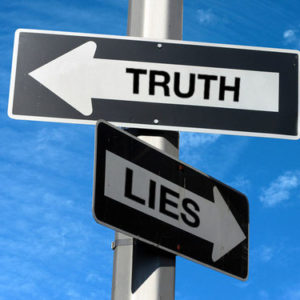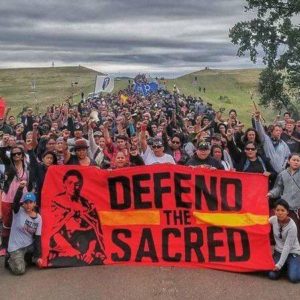The Death of Truth?
Last Sunday, a 28-year-old man walked into a Washington D.C. pizzeria with an assault rifle in hand. He had one mission. He was there to investigate an online claim that Hillary Clinton and other Democrats were running a child sex ring from the basement of the business. He was there to stop it. Now, there was absolutely no evidence whatsoever to this online claim, but the young man wanted to believe it so much that he convinced himself it was true.
There are moments in history when large groups of people begin developing and accepting their own truth. These moments are not based upon solid facts or credible evidence, but rather given birth within a self-prescribed ideology that ignores factual reality to create a new ideological reality. There are two infamous examples in our modern era. In America, for most of our history, we accepted the false claim that blacks were inferior to whites thus justifying both slavery and Jim Crow. Prior to World War II, the Nazi’s created, distributed and accepted a similar distorted truth about anyone who was non-Aryan.
Now, there needs to be a shift in our understanding how these false ideas gained footing. There is a misunderstanding that the people who developed these ideas and those that believed them were somehow ignorant or uneducated. In both instances, that was untrue. On slave plantations and in the Jim Crow South, a vast number of citizens were educated and economically advantaged. In Germany, prior to the war, intellectual developments were on the rise. This was the era of Einstein, Heisenberg, and Bonhoeffer. Therefore, ignorance and education were not the primary factors in the dismissal of truth.
A toxic environment was nurtured and fostered in both instances that gave credence to distrust natural facts and replace them with personalized truth. What we are seeing across the world today is very similar. Educated individuals are making a conscience decision to ignore truth, simply based upon a perception that it is biased against their ideological convictions. Even when confronted with evidence that validates truth, some choose to either ignore it, look the other way, or argue that truth is manipulated. When individuals and communities conclude truth no longer matters, then they have opened the door for any personalized mythological ideology to gain ground and thrive.
Jesus was once asked about truth. He responded, “You will know the truth and the truth will make you free” (John 8:32). His inquisitors, however, prodded him further. He condemned the father of untruths, “(He) does not stand in the truth, because there is no truth in him. When he lies, he speaks according to his own nature, for he is a liar and the father of lies” (John 8:44). Because the people were willing to accept lies, Jesus concluded, “Because I tell the truth, you do not believe me” (John 8:45).
There is a growing consensus that we are entering a post-truth era. If this is the case, then the world is heading towards dark days. With the death of truth comes the death of justice. With the death of justice, love of others will be replaced with a lust for power. Therefore, speaking only for me, I pledge to be a bearer of truth. I pledge to keep fighting the good fight that sheds light into darkness. I pledge to extinguish lies and falsehoods built on personalized ideologies. I pledge to uphold the standard that Jesus held, always seeking a truth that liberated others and welcomed strangers into divine community. I pledge to follow Jesus, “the way, the truth, and the life” (John 14:6).




